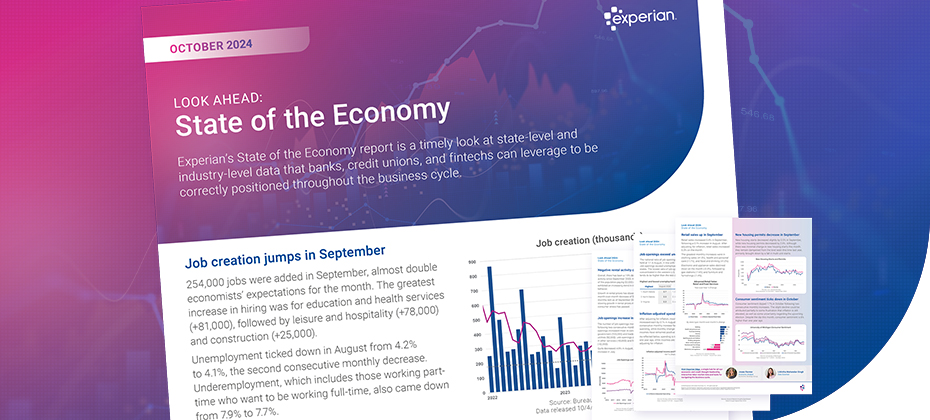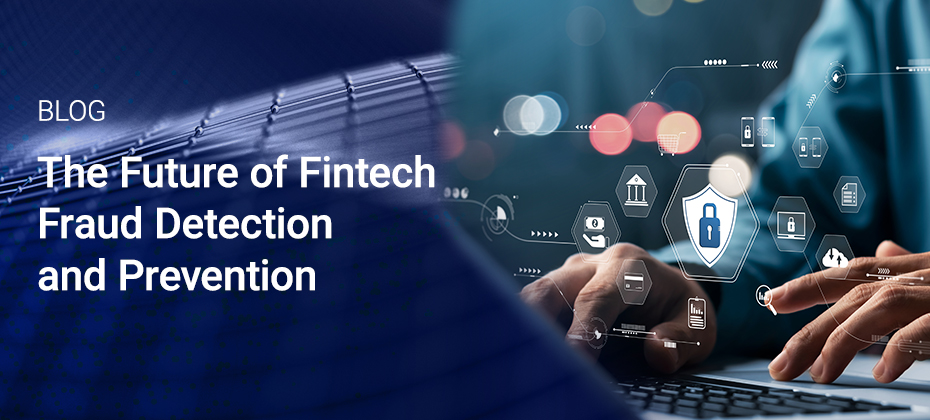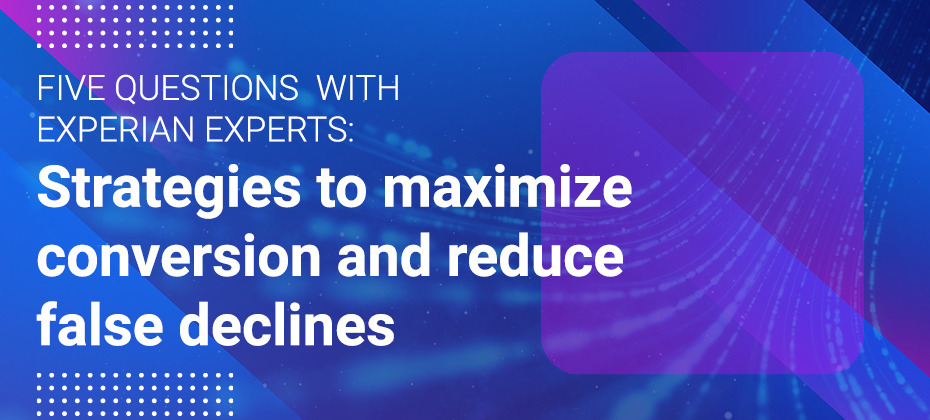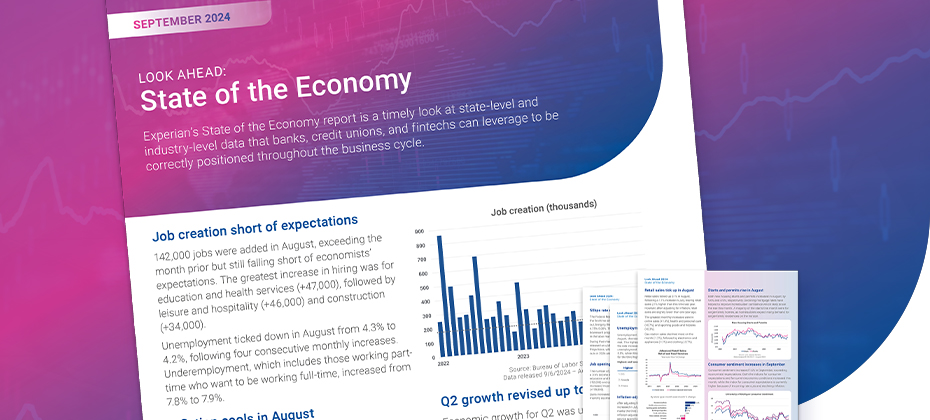Latest Posts

This series will explore our monthly State of the Economy report, which provides a snapshot of the top monthly economic and credit data for financial service...

U.S. federal prosecutors have indicted Michael Smith of North Carolina for allegedly orchestrating a $10 million fraud scheme involving AI-generated music. Smith is accused...

The Fed finally made their long-awaited rate cut. Hooray! The industry is saved! Brush off the dust everyone, it’s time to start originating mortgages...

The integration of technology with traditional financial services has unlocked unprecedented convenience and opportunities for consumers and businesses alike. However, this digital shift has...

Online fraud has increased exponentially over the past few years, with the Federal Trade Commission (FTC) data showing that consumers reported losing more than...

As the desire for flexibility and affordability continues to grow across the overall vehicle market, it seems the trend is carrying over into the...

Colorado has a great deal to offer first-time homebuyers (FTHBs). While the Denver area attracts many people with its combination of outdoor recreation, culture,...

In today’s digital age, call center fraud is a growing threat that businesses can no longer afford to ignore. As fraudsters become increasingly sophisticated,...

This series will explore our monthlyState of the Economyreport, which provides a snapshot of the top monthly economic and credit data for financial service...

As a mortgage lender, understanding the intricacies of the New York housing market is crucial, especially when dealing with first-time homebuyers (FTHBs). While the...

Effective collection strategies are critical for the financial health of credit unions. Unlike traditional banks, credit unions often emphasize member relationships and community values,...

Fraud-as-a-Service (FaaS) represents an emerging and increasingly sophisticated business model within cybercrime. In this model, malicious actors commercialize their expertise, tools, and infrastructure, enabling...

In the lending world, making precise underwriting decisions is key to minimizing risks and optimizing returns. One valuable yet often overlooked technique that can...

Quick Answer: A new consumer survey reveals that 90% of survey respondents would like to have more than one Vehicle History Report when shopping...

Replay attacks may threaten your customers’ online security Today, consumer online security is more important than ever. This year, the FTC has already received...